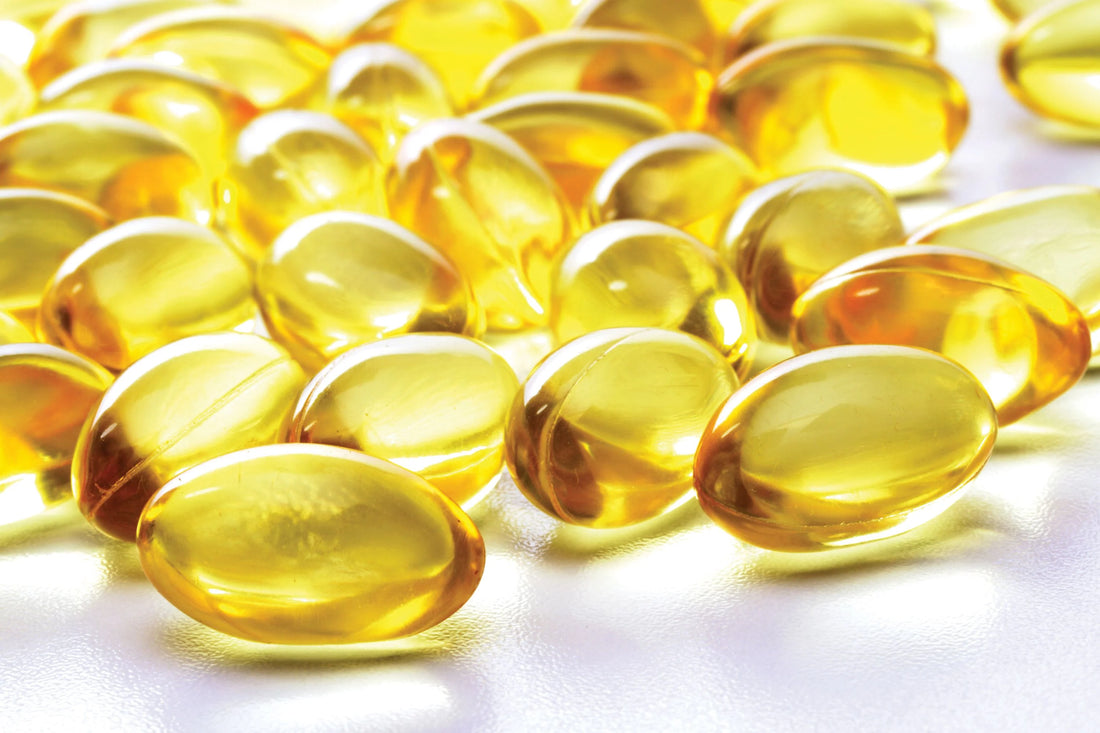Vitamin E is a fat-soluble nutrient present in various foods, such as vegetable oils, grains, meats, poultry, eggs, and fruits.
What is Vitamin E?
Vitamin E is employed to address vitamin E deficiency, a condition that is uncommon but may manifest in individuals with specific genetic disorders or very low-weight premature infants. Additionally, Vitamin E is utilized for various other purposes; however, substantial scientific evidence supporting many of these alternative uses is lacking.
Benefits of Vitamin E for the skin
1. May decrease indicators of oxidative stress while enhancing antioxidant defenses.
2. Vitamin E is a common ingredient in numerous moisturizers, and its oil form is
often utilized as a moisturizer to prevent or alleviate dry, flaky skin.
3. Vitamin E is not effective in treating allergic reactions, infections, or other causes of skin itching. However, due to its moisturizing properties, it may provide temporary relief from itching caused by dry skin.
4. Dry skin typically appears more wrinkled compared to adequately moisturized skin. The moisturizing properties of vitamin E oil can contribute to a more youthful and less wrinkled appearance of the skin. Nevertheless, assertions that vitamin E prevents or treats wrinkles lack scientific backing. The primary strategy for wrinkle prevention involves avoiding direct sunlight exposure and using a high-quality sunscreen.
5. Limited research suggests that vitamin E may prevent or reduce the occurrence of sunburns. Additionally, vitamin E oil's moisturizing and soothing effects on dry, flaky skin may alleviate the burning and itching associated with sunburns.
While vitamin E offers promising benefits for skin health and overall well-being, it's essential to approach its usage with informed understanding. Incorporating vitamin E into your skincare regimen can indeed provide hydration, protection, and potential relief from certain skin conditions.

